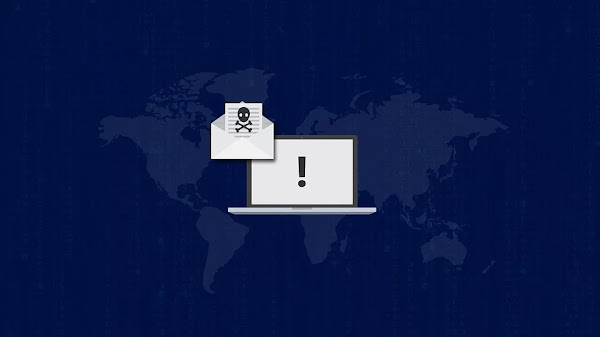Anonymous, the international hacktivists collective has surfaced again, this time, the group claims to have hacked RoskoAmnadzor (known as Federal Service for Supervision of Communications, Information Technology and Mass Media), a federal Russian agency. Anonymous has also claimed that it stole more than 360,000 files. You have mostly read about Russian banning VPNs, Telegram, or email services, however, there's a particular agency that bans these services.
It's called Roskomnadzor, a major federal executive agency that is responsible for handling, managing, and censoring Russian media. "Anonymous also targeted and hacked misconfigured/exposed Cloud databases of Russian organizations. Tho shocking aspect of the attack was the fact that Anonymous and its affiliate hackers hacked 90% of Russian Cloud databases and left anti-war and pro Ukrainian messages," Hackread reports.
Details about the attack
The size of the leaked data is 820 GB, most of these database files in the database related to Roskomnadzor's data are linked to the Republic of Bashkortostan, Russia's largest provinces. The full dataset is now available on the official website of Distributed Denial of Secrets (aka DDoSecrets), a non for profit whistleblower organization. However, it should be noted that initially started as an Anonymous affiliate shared Roskomnadzor's data with DDoSecrets and the agency itself is not responsible for the attack. Besides this, the first announcement of the data leak came from a journalist and co-founder of DDoSecrets Emma Best in March 2022.
YourAnonNews, a famous representative of the Anonymous collective also tweeted about the attack.
Anonymous has openly sided with Ukraine over the ongoing war with Russia, the Russian government has restricted all important sources of information, especially news and media outlets, and Roskomnadzor was told to block Facebook, Twitter, and other online platforms.
Hackread reports, "While Twitter launched its Tor onion service, authorities in Russia have also amended the Criminal Code to arrest anyone who posts information that contradicts the government’s stance. Nevertheless, since Roskomnadzor is a major government agency responsible for implementing government orders Anonymous believes the Russian public must have access to information about what is going on within Roskomnadzor."

















